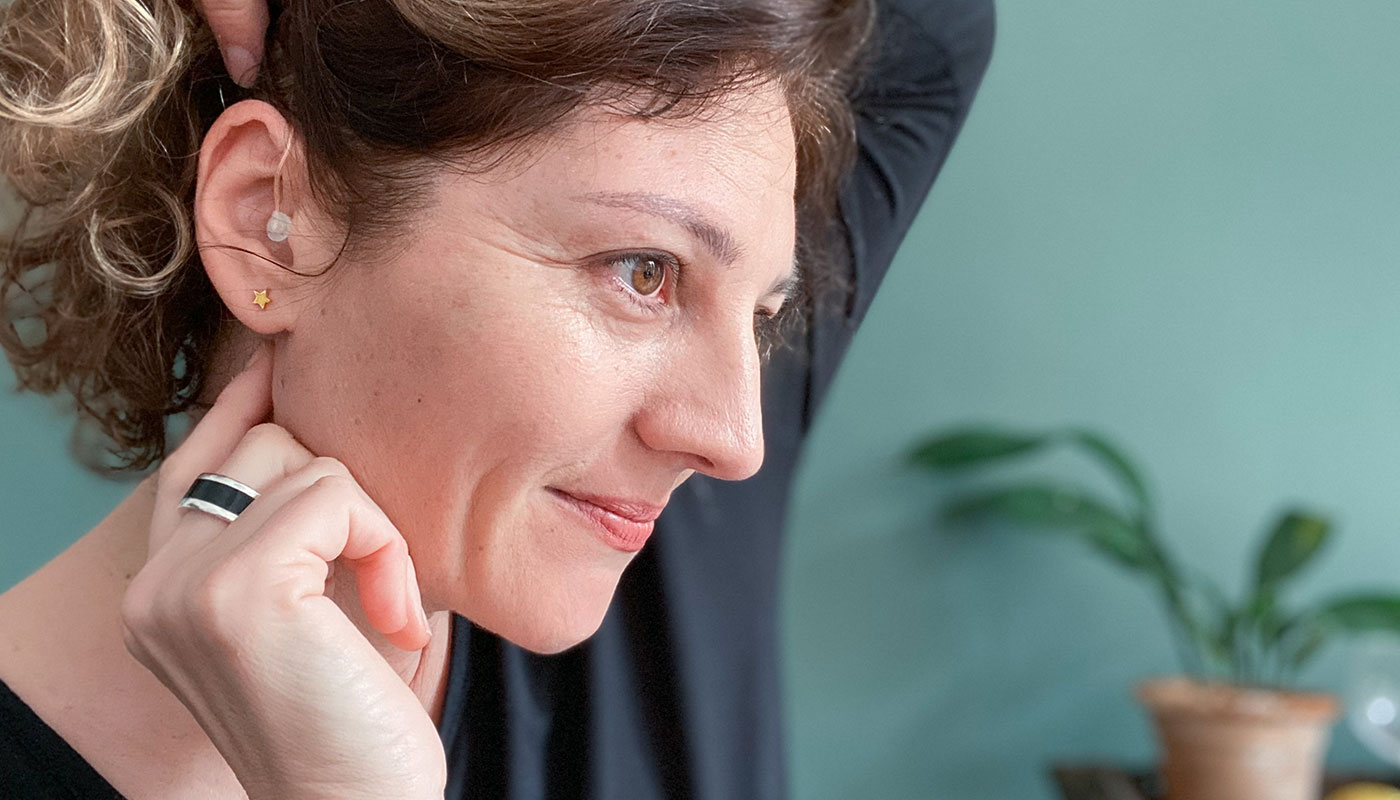As physicians and medical professionals, we are trained to diagnose disease, prescribe treatments and measure outcomes. But loneliness isn’t something that shows up on a lab report or image scan. Loneliness is a silent epidemic – a serious health risk that dulls the mind, burdens the heart and erodes the will to engage with the world. And its profound impact on health outcomes is clear.
A 2023 study found that socially isolated individuals have a 50% greater risk of developing dementia.1 The U.S. Surgeon General recently equated chronic loneliness to smoking 15 cigarettes a day in terms of its impact on mortality.2 Research also shows that loneliness contributes to increased hospitalization rates and healthcare utilization.3
The Loneliness – Hearing Loss Connection
Among the hardest hit are seniors, who are more likely to live alone or lack social interaction. One widespread factor of this disconnection is hearing loss. In a recent data analysis on aging adults, individuals reporting fair or poor hearing have 50% higher odds of experiencing loneliness.4 And the American Academy of Audiology notes that nearly one-third of adults 70 and older with hearing loss report symptoms of depression.
Those numbers are quite unsettling, given that approximately 30% of the U.S. population age 65 and over experience some form of hearing loss.5 Not to mention that untreated hearing loss is now linked to numerous conditions which afflict older patients robbing them of healthspan and quality of life. These include cognitive decline, increased risk of falls, loneliness and depression.

Hearing Loss and Doctor-Patient Relationships
What’s troubling is the stigma around hearing loss (and hearing aids) is so prevalent, patients are reluctant to talk about it with their doctor. One study found that close to 40% of patients over 50 with hearing loss did not discuss it with their medical professional.6 Equally problematic is that approximately 80% of adults over 50 report their physician hasn’t asked them about their hearing7 in the last two years.
Feelings of isolation and depression also foster a reluctance to talk about hearing loss. Disengaged patients may be less likely to speak up about symptoms, follow treatment plans, or even schedule appointments. In fact, for some, their physician is one of the few people they regularly interact with, making the provider’s role even more critical to their overall health and well-being.
A Simple Intervention with Major Impact
Hearing screening and early diagnosis of hearing loss play an important role in medical interventions for social isolation. This is also true for hearing loss treatment. Hearing aids help restore those lost human-to-human connections. In fact, individuals who use hearing aids report both improved social engagement and reduced loneliness.8
Hearing aids are also tied to other positive health outcomes. The Aging and Cognitive Health Evaluation in Elders (ACHIEVE) Study found that treating hearing loss can slow cognitive decline in older adults at risk for dementia.9
Takeaway for Primary Care Physicians
Hearing loss is an addressable risk factor for loneliness as well as cognitive decline and other comorbidities. By making hearing screenings part of routine patient care, and by educating patients on hearing solutions, PCPs can help patients maintain social connections, improve their quality of life and ultimately live longer, healthier lives.
1 Livingston G, et al. (2023). “Dementia Prevention, Intervention, and Care: 2023 Report.” The Lancet.
2 Holt-Lunstad J, et al. (2015). “Loneliness and Social Isolation as Risk Factors for Mortality: A Meta-Analytic Review.” Perspectives on Psychological Science.
3 National Institute on Aging. (2022). “The Impact of Social Isolation on Health.”
4 Huang A, et. al. “Hearing Impairment and Loneliness in Older Adults in the United States.” Journal of Applied Gerontology.
5 Madans J, et. al. “Hearing Difficulties Among Adults: United States 2019.” National Center for Health Statistics.
6 International Journal of Audiology, March 30, 2023
7 University of Michigan Institute for Healthcare Policy and Innovation, March 2, 2021
8 Dawes P, et al. (2015). “Hearing Loss and Social Isolation in Older Adults.” Journals of Gerontology: Medical Sciences.
9 Lin FR, et al. (2023). “Hearing Intervention and Cognitive Decline in Older Adults.” The Lancet




